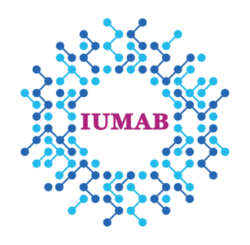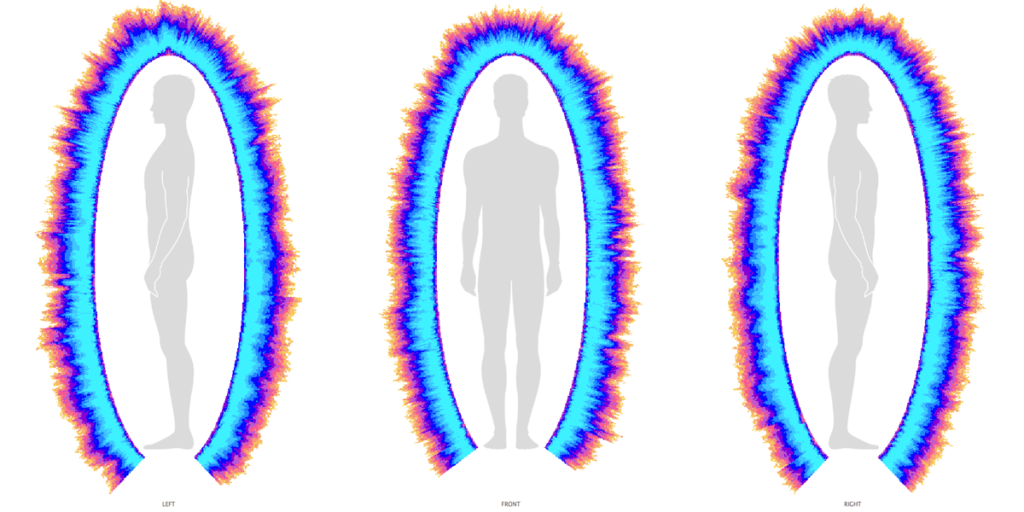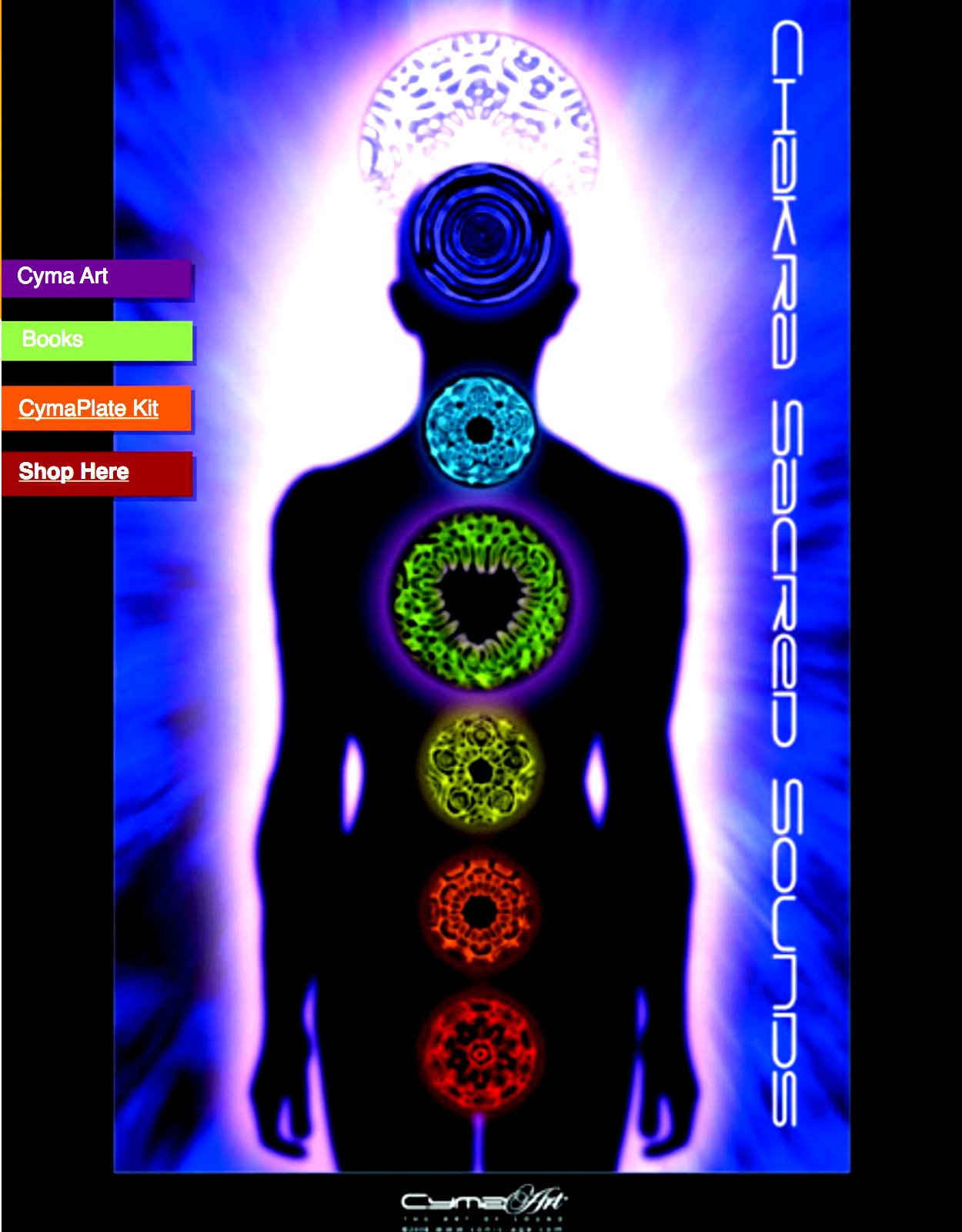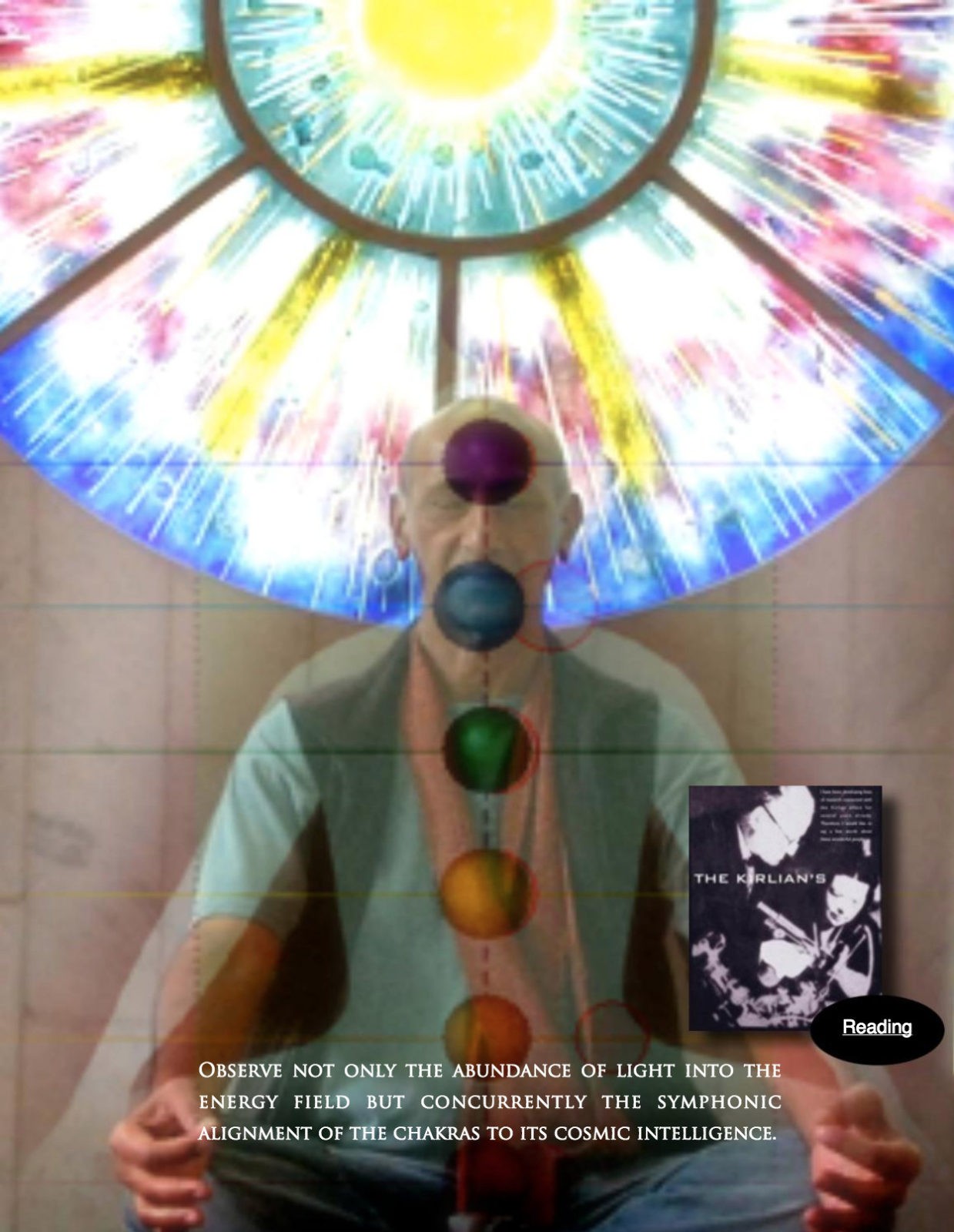Can our living body (Leib) be considered as an epistemic criterion in psychotherapy as Edmund Husserl proposed in “The Crisis of European Sciences”? A basic research with GDV-Kirlian.
Azevedo, E., Bassani, M.A.
ABSTRACT
This article presents a brief historical review of the “organismic criterion” concept, originally theorized by Edmund Husserl in “The Crisis of European Sciences” (1936), verified and developed technically in the last 40 years by Meneghetti and others (2005). The authors have conducted applied research in this field since 2007 and present empirical evidence generated by basic research with electrophotonic analysis considering 162 psychotherapeutic sessions with 31 different subjects using the ontopsychological approach, in which measurement of organismic parameters of both client and therapist are correlated according to the different moments of a typical psychotherapy encounter.



